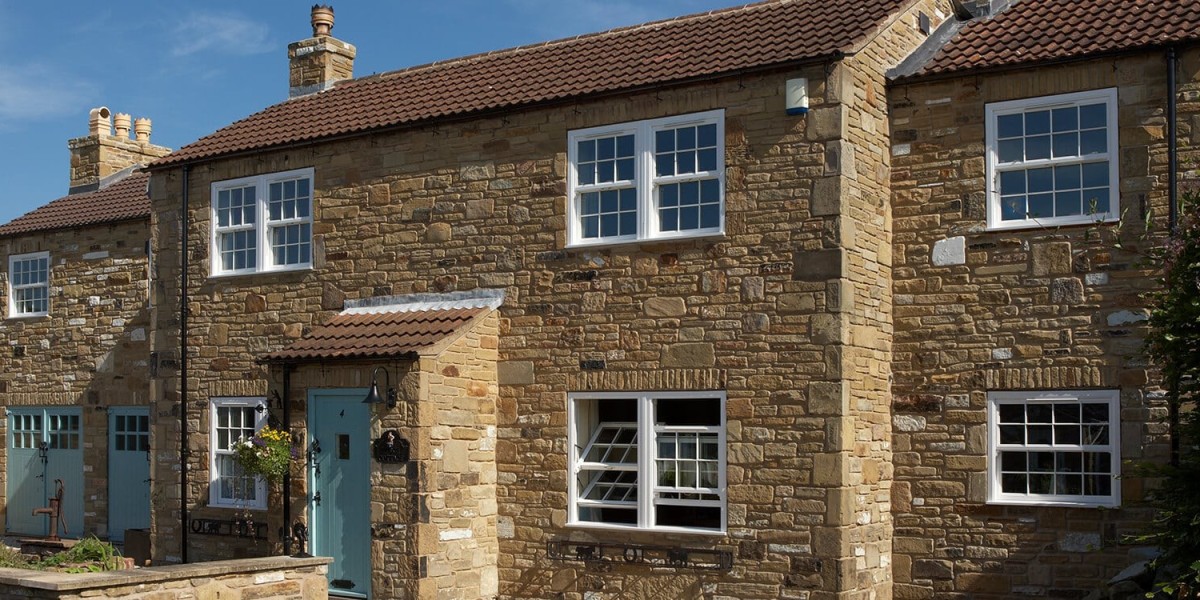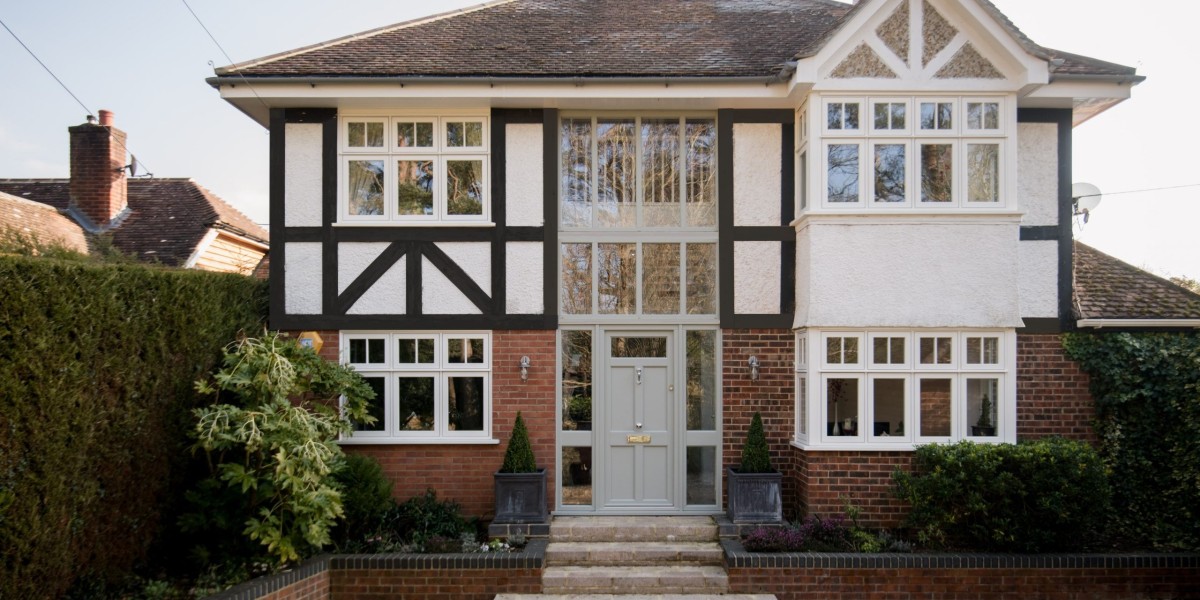Introduction
Window replacement is a critical aspect of home improvement that can significantly enhance energy efficiency, aesthetic appeal, and property value. This report aims to provide a detailed analysis of the window replacement process, including the types of windows available, the benefits of replacement, the factors to consider before undertaking a project, and step-by-step guidance on how to proceed with window replacement.
Types of Windows
When considering window replacement, it is essential to understand the various types of windows available in the market. The most common types include:
- Double-Hung Windows: These windows have two sashes that slide vertically. They are popular for their traditional look and ease of cleaning.
- Casement Windows: Hinged at the side, these windows open outward, https://ipsnews.net/business/2025/02/27/choosing-the-right-double-glazing-company-a-comprehensive-guide/ providing excellent ventilation and unobstructed views.
- Sliding Windows: Featuring one fixed pane and one moving pane, sliding windows are easy to operate and ideal for wide openings.
- Awning Windows: Hinged at the top, awning windows open outward, allowing for ventilation even during rain.
- Bay and Bow Windows: These windows extend outward from the home, creating a nook inside. They provide panoramic views and additional interior space.
- Vinyl, Wood, and Aluminum Frames: The frame material significantly affects durability, maintenance, and insulation properties. Vinyl is low-maintenance, wood offers aesthetic appeal, and aluminum is lightweight and strong.
Benefits of Window Replacement
Replacing old windows can offer numerous advantages:
- Energy Efficiency: Modern windows are designed with energy-efficient technologies, such as double or triple glazing, Low-E coatings, and gas fills that reduce heat transfer, leading to lower energy bills.
- Improved Comfort: New windows can help maintain consistent indoor temperatures, reducing drafts and enhancing overall comfort.
- Increased Property Value: Quality window replacement can significantly boost the resale value of a home, making it more appealing to potential buyers.
- Enhanced Aesthetics: New windows can dramatically improve the curb appeal of a home, allowing homeowners to customize styles, colors, and finishes to match their design preferences.
- Noise Reduction: Modern windows provide better sound insulation, helping to minimize external noise and create a more peaceful indoor environment.
- UV Protection: Many new windows come with UV protection, reducing the fading of furniture, carpets, and artwork caused by sunlight exposure.
Factors to Consider Before Replacement
Before embarking on a window replacement project, several factors must be considered:
- Budget: Establishing a clear budget is essential. Costs can vary significantly based on window type, material, and installation needs.
- Window Style: The chosen window style should complement the architectural design of the home. Homeowners should consider both aesthetics and functionality.
- Energy Efficiency Ratings: Look for windows with ENERGY STAR ratings or similar certifications to ensure energy efficiency.
- Installation Method: Decide whether to hire a professional installer or undertake a DIY project. Professional installation often guarantees better results and warranties.
- Local Climate: The local climate can influence window selection. For instance, homeowners in colder climates may benefit from triple-glazed windows, while those in warmer areas might prioritize low solar heat gain.
- Building Codes and Regulations: Ensure compliance with local building codes and regulations, which may dictate specific requirements for window replacements.
Steps for Window Replacement
The window replacement process typically involves several key steps:
- Assessment: Evaluate the current windows for signs of damage, such as rot, leaks, or condensation. This assessment helps determine whether replacement is necessary.
- Measurement: Accurate measurements of existing window openings are crucial for selecting the right size windows. Measure the width and height at multiple points to account for any irregularities.
- Selection: Choose the type of windows that best fit your needs, considering factors such as style, material, and energy efficiency.
- Ordering: Once selections are made, order the windows from a reputable supplier. Ensure they meet the required specifications and standards.
- Preparation: Prepare the work area by removing any window treatments, furniture, or obstacles. Ensure proper safety measures are in place, such as wearing protective gear.
- Removal of Old Windows: Carefully remove the old windows, taking care not to damage the surrounding structure. This may involve removing trim and using appropriate tools.
- Installation of New Windows: Follow the manufacturer’s instructions for installation. Ensure the windows are level, plumb, and properly sealed to prevent air and water infiltration.
- Finishing Touches: Once installed, replace any trim or molding, and ensure the windows are fully operational. Clean the windows and surrounding areas to complete the project.
- Final Inspection: Conduct a thorough inspection to ensure that the windows are functioning correctly and that there are no gaps or leaks.
Conclusion
Window replacement is a significant investment that can yield substantial benefits in terms of energy efficiency, comfort, and aesthetics. By understanding the types of windows available, the advantages of replacement, and the critical factors to consider, homeowners can make informed decisions that enhance their living spaces. Following a structured approach to the replacement process ensures successful outcomes and long-lasting satisfaction with the new windows. As energy efficiency becomes increasingly important, investing in quality window replacement can contribute to sustainable living and reduced energy consumption in the long term.



